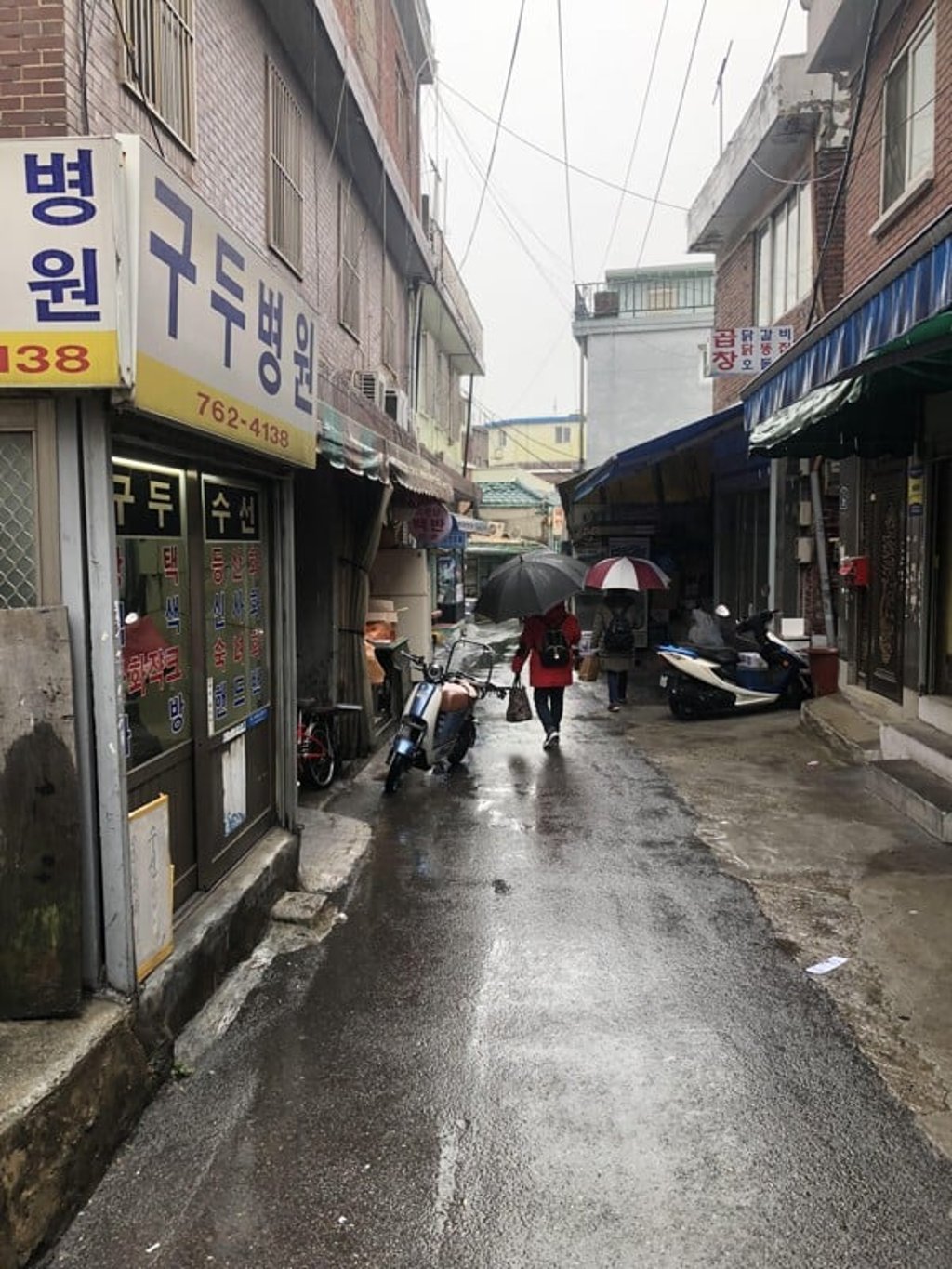The real-life Korean poverty behind Parasite, Bong Joon-ho’s Golden Globe-winning film
- The fictitious Seoul neighbourhood in Bong Joon-ho’s award-winning movie bears more than a passing resemblance to Changsin
- The district has the city’s highest portion of semi-underground dwellings, a potent symbol of a growing class divide and falling social mobility

The fictitious Seoul neighbourhood depicted in the hit South Korean film Parasite has plenty in common with the city’s real Changsin neighbourhood, where, just like in the movie, the narrow streets are lined with dilapidated commercial and residential buildings.
Changsin is a world away from the ritz of Gangnam in the city’s south, and is one of the capital’s poorer areas.
It takes place partly in a down-at-heel neighbourhood and partly in an upscale area, telling a story of two families – one rich, one poor – that coexist in uneasy, mutual dependence.
Its Golden Globe victory was the latest in a long string of successes for the film, which also won the Palme d’Or at the Cannes Film Festival and brought in more than US$73 million in the South Korean box office.
